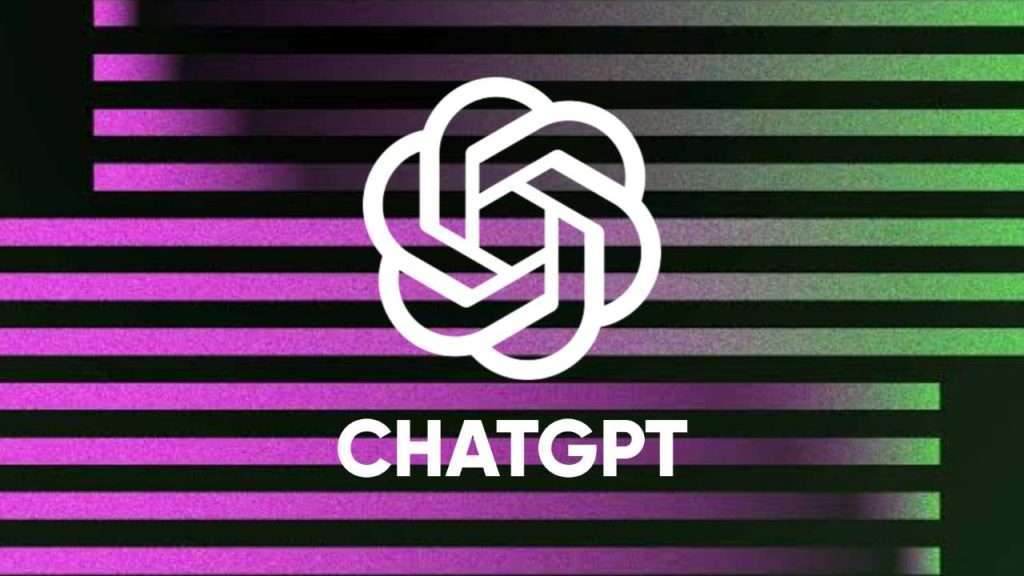Revolutionizing Workforce Dynamics: Navigating the Era of AI-Powered Management

Welcome to a profound exploration of the transformative influence of Artificial Intelligence (AI) on Workforce Management. In this discussion, we delve into how AI is reshaping traditional approaches, enhancing efficiency, and driving innovation across diverse sectors. Join us on a journey to understand the profound impact AI is having on the dynamics of modern workforce management.
Welcome to the future of workforce management, where artificial intelligence (AI) is revolutionizing how organizations optimize their operations.
Gone are the days of manual scheduling, mundane administrative tasks, and guesswork in employee performance analysis.
AI has emerged as a game-changer, empowering businesses to:
Streamline processes
Enhance productivity
Foster a more engaged and efficient workforce
This article explores the transformative impact of AI in workforce management, focusing on optimizing the process of staff scheduling, performance
management, and more.
So if you want to stay ahead of the curve and achieve the most efficient results from your workforce, you’ve come to the right place.
Let’s get started by first understanding.
What Is Artificial Intelligence In Workforce Management
Artificial Intelligence (AI) in workforce management refers to applying advanced algorithms to optimize various aspects of managing and coordinating a workforce. It involves using AI technologies to:
- Streamline processes
- Make data-driven decisions
- Enhance overall efficiency and productivity in the workplace
AI in workforce management leverages:
- Machine learning algorithms
- Natural language processing
- Predictive analytics
To analyze vast amounts of data & generate actionable insights.
These insights help organizations make informed decisions regarding:
Workforce planning
Scheduling
Performance management
Employee engagement
Why Are Companies Moving Towards Artificial Intelligence For Workforce Management?
- Efficiency:
Artificial intelligence (AI) enables companies to automate and streamline various workforce management tasks, such as:
- Scheduling
- Time tracking
- Resource allocation
This improves overall operational efficiency and reduces manual effort.
- Accuracy:
AI-powered algorithms can analyze large volumes of data and make accurate predictions and recommendations for optimizing workforce management.
This helps companies make data-driven decisions and minimize errors in workforce planning.
- Cost Savings:
By automating repetitive and time-consuming tasks, AI reduces labor costs and improves resource utilization.
Companies can optimize workforce allocation based on demand patterns, reducing overtime expenses and unnecessary staffing.
- Scalability:
AI-based solutions can easily scale up or down to accommodate changing workforce requirements.
This flexibility allows companies to adapt to seasonal fluctuations, business expansions, and other operational changes without compromising efficiency or incurring significant costs.
- Enhanced Employee Experience:
AI-driven workforce management systems can improve the employee experience by offering:
- Self-service options
- Personalized scheduling
- Transparent communication
This fosters employee satisfaction, engagement, and retention, leading to a more productive workforce.
The Impact of Artificial Intelligence on Workforce Management
1) Optimizing Workforce Scheduling:
AI has revolutionized the way organizations schedule their workforce. With AI algorithms, businesses can analyze historical data and consider factors such as:
- Employee availability
- Skill sets
- Customer demand patterns
- Create optimized schedules
By automating the scheduling process, AI eliminates the time-consuming task of manual scheduling, reduces errors, and ensures that shifts are allocated fairly, leading to improved operational efficiency.
2) Central Dashboard:
AI-powered central dashboards provide real-time visibility into various workforce management metrics.
These dashboards consolidate data from multiple sources, including:
- Attendance records
- Productivity metrics
- Employee performance
By accessing the dashboards, managers can monitor key performance indicators, identify trends, and make data-driven decisions to optimize workforce management strategies.
Read: How Can AI change the Face of Workforce Management?
The centralized nature of these dashboards fosters collaboration, enabling managers to quickly identify and resolve potential bottlenecks or inefficiencies.
3) Enhancing Employee Engagement and Retention:
AI technologies can significantly contribute to enhancing employee engagement and retention. Chatbots powered by natural language processing (NLP) can provide:
- Personalized assistance
- Answer employee queries
- Offer support round-the-clock
By automating routine tasks and reducing administrative burdens, AI enables employees to focus on more meaningful work.
This allows organizations to motivate and engage employees over the long term, thus increasing retention.
You might like: How AI Can Detect Employee Violations Quicker Than Ever
4) Facilitating Performance Management:
Traditional performance management processes often suffer from subjectivity and bias.
AI offers objective and data-driven alternatives to evaluate employee performance.
By analyzing various data points, such as:
- Productivity metrics
- Project outcomes
- Customer feedback
- Peer evaluations
AI algorithms can generate comprehensive performance reports.
These reports provide a holistic view of an employee’s strengths, areas for improvement, and potential development opportunities.
Also read: AI Improving Workplace Decision-Making & Productivity
5) Augmenting Decision-Making With Ai Reports:
AI-powered reporting tools enable organizations to make better-informed decisions by leveraging vast data. AI algorithms can analyze:
- Complex datasets
- Identify patterns
- Generate actionable insights
For example, predictive analytics can forecast future demand, enabling organizations to plan their workforce needs proactively.
AI reports can also highlight potential areas for improvement, such as identifying skill gaps or detecting anomalies in workforce performance.
By augmenting decision-making with AI reports, organizations can:
- Optimize resource allocation
- Anticipate challenges
- Drive strategic initiatives with greater precision
Introducing Workstatus The AI-Enabled Workforce Management Software
One exemplary AI-enabled workforce management software is Workstatus.
With its advanced AI algorithms, Workstatus offers a comprehensive suite of features, including:
- Automated scheduling
- Real-time dashboards
- Performance analytics
- AI powered reporting
Which empowers businesses to optimize workforce management processes, enhance productivity, and improve employee engagement and retention.
By harnessing AI’s power, Workstatus revolutionizes how organizations manage their workforce, enabling them to stay ahead in a rapidly evolving business landscape.
Source: GWFM Research & Study






Responses